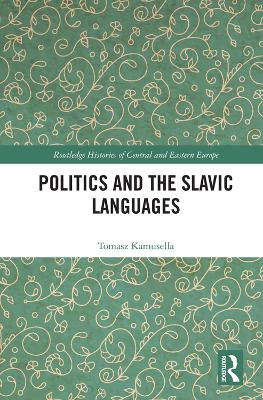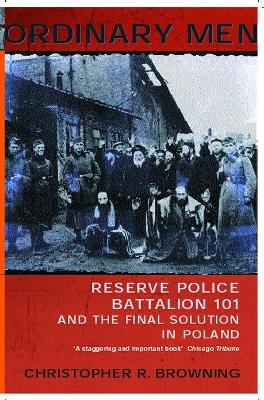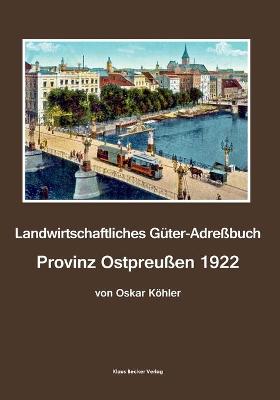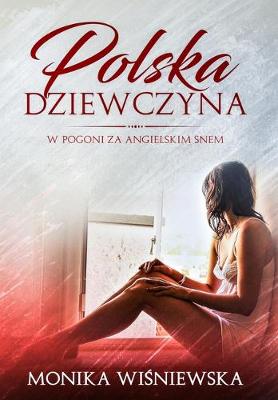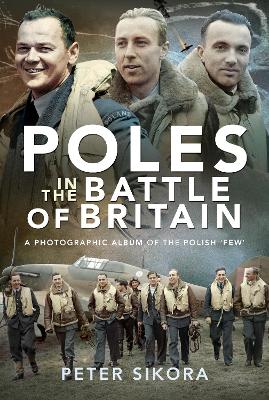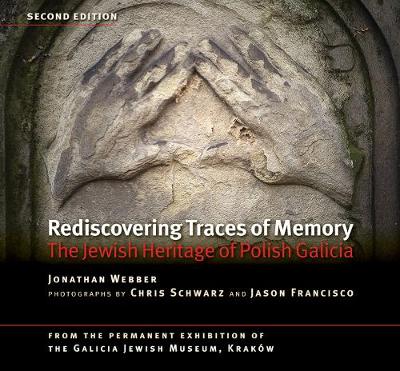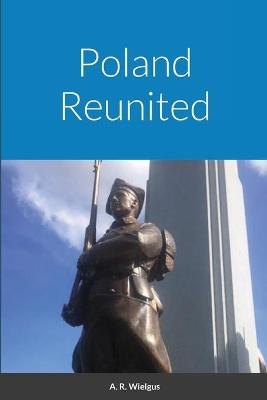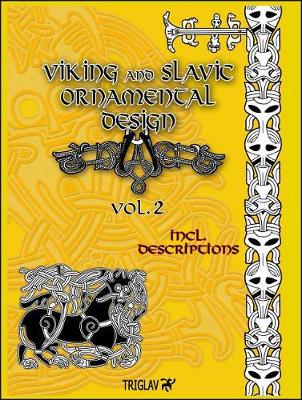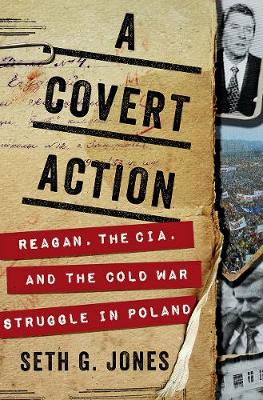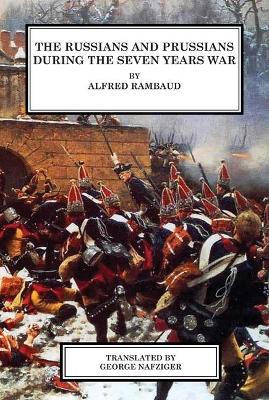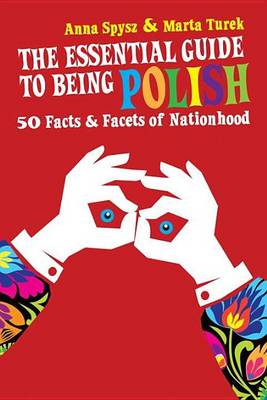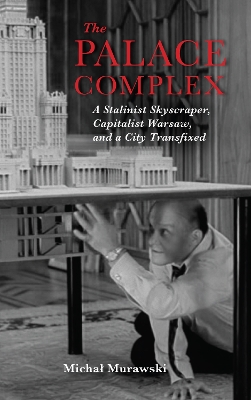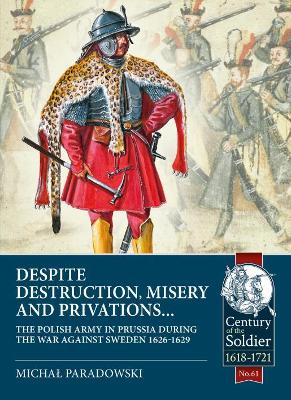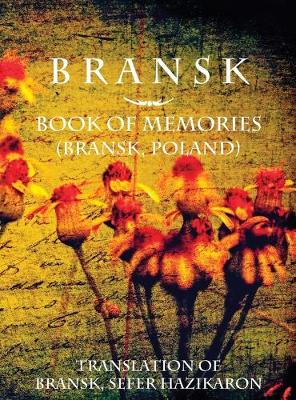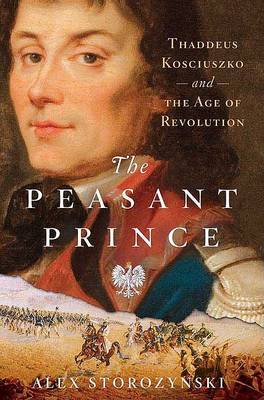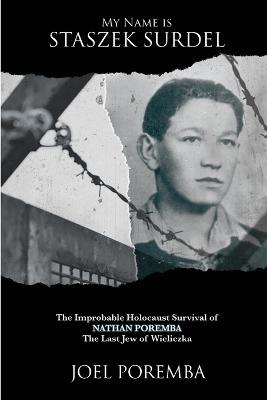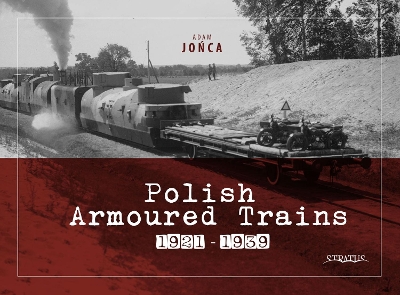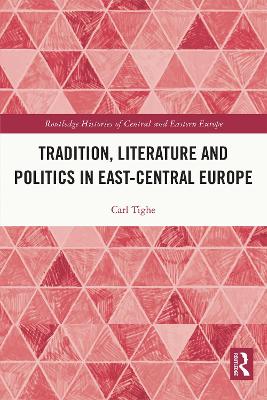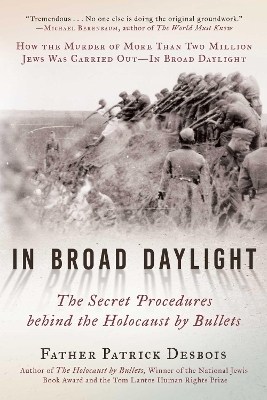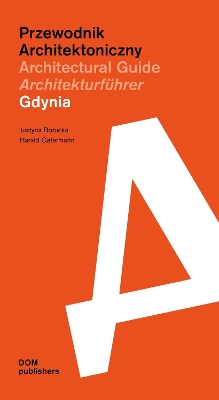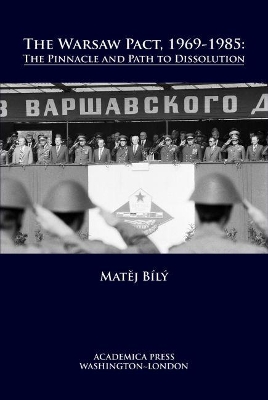Politics and the Slavic Languages (Routledge Histories of Central and Eastern Europe)
by Tomasz Kamusella
During the last two centuries, ethnolinguistic nationalism has been the norm of nation building and state building in Central Europe. The number of recognized Slavic languages (in line with the normative political formula of language = nation = state) gradually tallied with the number of the Slavic nation-states, especially after the breakups of Czechoslovakia, the Soviet Union and Yugoslavia. But in the current age of borderless cyberspace, regional and minority Slavic languages are freely stan...
Ordinary Men has been admired all over the world and is now published in the UK for the first time. It takes as its basis the detailed records of one squad from the Nazis' extermination groups and explores in detail its composition, its actions, andthe methods by which it was trained to perform acts of genocide on an industrial scale. He introduces us to cheerful, friendly, ordinary men who killed without hesitation or apparent remorse for years on end, in docile obedience to an authority theyha...
The Polish Air Force, which was created in Britain in the summer of 1940 from flying and ground personnel evacuated from Poland and then from France, proved to be one of the most successful formations to fight the Luftwaffe during the Battle of Britain. Overcoming the obstacles of language and operating in a foreign country, the Polish Air Force gained independent status, flying alongside the RAF rather than being a part of the RAF - and for the first time the Polish Air Force became a separate...
Rediscovering Traces of Memory (The Littman Library of Jewish Civilization)
by Jonathan Webber
Since the Holocaust, traces of memory are virtually all that remain in Poland today after more than eight hundred years of Jewish life there. This remarkable album, published on behalf of the Galicia Jewish Museum in Krakow, offers a sensitive way of looking at that past. Based entirely on arresting, present-day colour photographs of Polish Galicia, it shows how much of that past can still be seen today if one knows how to look and how to interpret what one sees. The traces of the Jewish past in...
December, 1981-the CIA receives word that the Polish government has cut telephone communications with the West and closed the Polish border. The agency's leaders quickly inform President Ronald Reagan, who is enjoying a serene weekend at Camp David. Within hours, Prime Minister Wojciech Jaruzelski has appeared on Polish national television to announce the establishment of martial law. A new era in Cold War politics has begun: Washington and Moscow are on a collision course. In this gripping narr...
The Russians and Prussians in the Seven Years War (When Diplomacy Fails, #17)
by Zack Twamley
Being Polish is no joke. For the millions of people of Polish ancestry outside of Poland, as well as many who have settled in the UK since the fall of communism, it is a heartfelt matter - and amid all the travel guides to Polish language, folklore and customs, there is no single, comprehensive, reader-friendly and informative reference to what it means to be Polish. Enter The Essential Guide to Being Polish - the go-to concise resource to anyone looking to reconnect with their Polish background...
The Palace of Culture and Science is a massive Stalinist skyscraper that was "gifted" to Warsaw by the Soviet Union in 1955. Framing the Palace's visual, symbolic, and functional prominence in the everyday life of the Polish capital as a sort of obsession, locals joke that their city suffers from a "Palace of Culture complex." Despite attempts to privatize it, the Palace remains municipally owned, and continues to play host to a variety of public institutions and services. The Parade Square, w...
Despite Destruction, Misery and Privations… (Century of the Soldier)
by Michal Paradowski
Before he entered Germany in 1630, Swedish King Gustav II Adolf had to face Polish army in Prussia. Between 1626 and 1629, under command of brilliant Hetman Stanislaw Koniecpolski, Poles were engaged in bitter struggle against Swedes. During this conflict both sides learnt a lot from each other, adjusting their armies' organisation and tactics. While pitched battles, where winged hussars could win the day, were rare, so called 'small war' made huge impact on the events of this conflict. Poles we...
This book is a re-examination of work carried out in 1999 as Poland, Hungary and the Czech Republic were about to become members of NATO. At the time the author considered that none of these countries, especially Poland, were not genuinely democratic and merely paid lip-service to the idea to access western institutions. This had proved to be the case regarding Hungary and Poland. The author was somewhat baffled when Poland became a member of the EU as he knew the country well and the reality is...
Thaddeus Kosciuszko arrived in the colonies with little other than an industrious spirit and a genius for engineering. He soon became indispensable to the American Revolution, designed the fortifications at Philadelphia and West Point - it was his plans that Benedict Arnold tried to sell to the British - devised battle plans at Saratoga, and led a ring of Black spies in the South. Afterward, Kosciuszko returned to his native Poland, led an uprising against czarist Russia, and became an internati...
A detailed history of armoured trains that were part of the organisation of the Polish army from the end of the Soviet war to the end of the 1939 war campaign. Polish armoured trains originated in World War I, but played an important part in most Polish military conflicts during the next two decades. The book explores in detail not only the history of individual train units, but also their organisation into regiments and divisions and their equipment and support. Adam Jonca is an undispute...
Tradition, Literature and Politics in East-Central Europe (Routledge Histories of Central and Eastern Europe)
by Carl Tighe
Milan Kundera warned that in in the states of East-Central Europe, attitudes to the west and the idea of ‘Europe’ were complex and could even be hostile. But few could have imagined how the collapse of communism and membership of the EU would confront these countries with a life that was suddenly and disconcertingly ‘modern’ and which challenged sustaining traditions in literature, culture, politics and established views on identity. Since the countries of East-Central Europe joined the Europe...
How the Murder of More Than Two Million Jews Was Carried Out-In Broad DaylightBased on a decade of work on the Holocaust by Bullets by Father Patrick Desbois and his Yahad-In Unum team, which has culminated in interviews with more than 5,700 neighbors to the murdered Jews and visits to more than 2,700 extermination sites, many of them unmarked.One key finding: Genocide does not happen without the neighbors. The neighbors are instrumental to the crime. In Broad Daylight documents the mass killing...
Gdynia is a unique city that arouses particular interest of architects due to its homogeneous architecture. The city, basing on the structure of an earlier fishing village, was entirely designed and built from scratch in the interwar period, as was the case later for cities such as Brasilia and Chandigarh. Gdynia as a modern port town together with Gdansk - the city of amber and Sopot, which is a world seaside resort, and with some smaller and less known towns forms a metropolitan area off the c...
The Warsaw Pact, 1969-1985 (St. James's Studies in World Affairs)
by Matej Bily
In The Warsaw Pact, 1969-1985, young Czech scholar Mat?j Bily analyzes the internal tensions of the Soviet-led Cold War alliance as its careened toward its end. Starting with the peak of the alliance's power under Soviet leader Leonid Brezhnev, the book follows its ossification to its increasing haplessness under Brezhnev's successors Yuri Andropov and Konstantin Chernenko. Rooted in detailed research in Czech, Polish, and German archives, this book presents much previously unknown information a...
